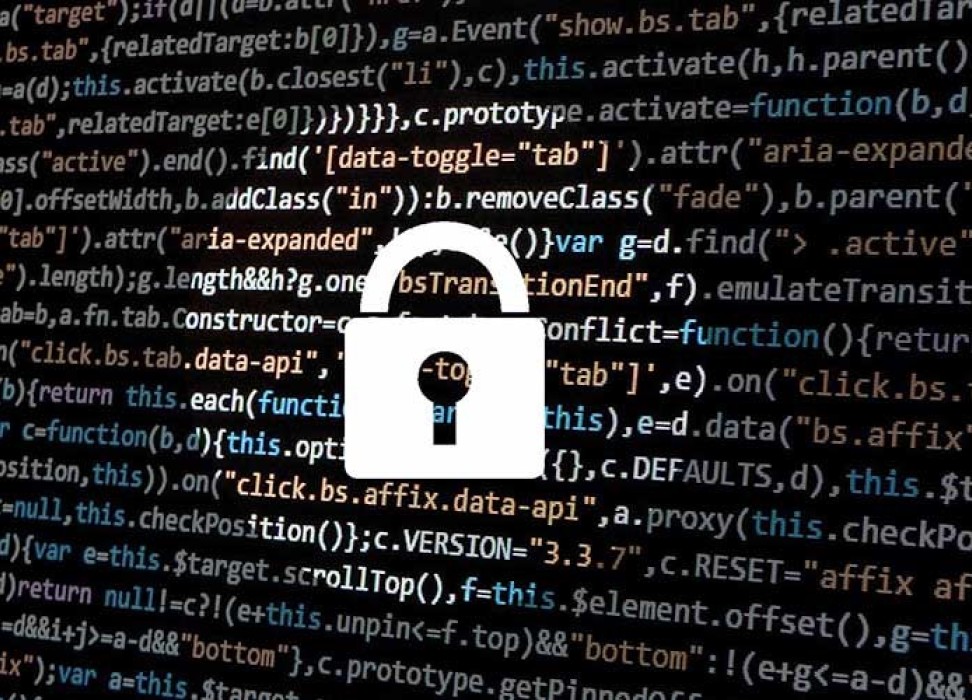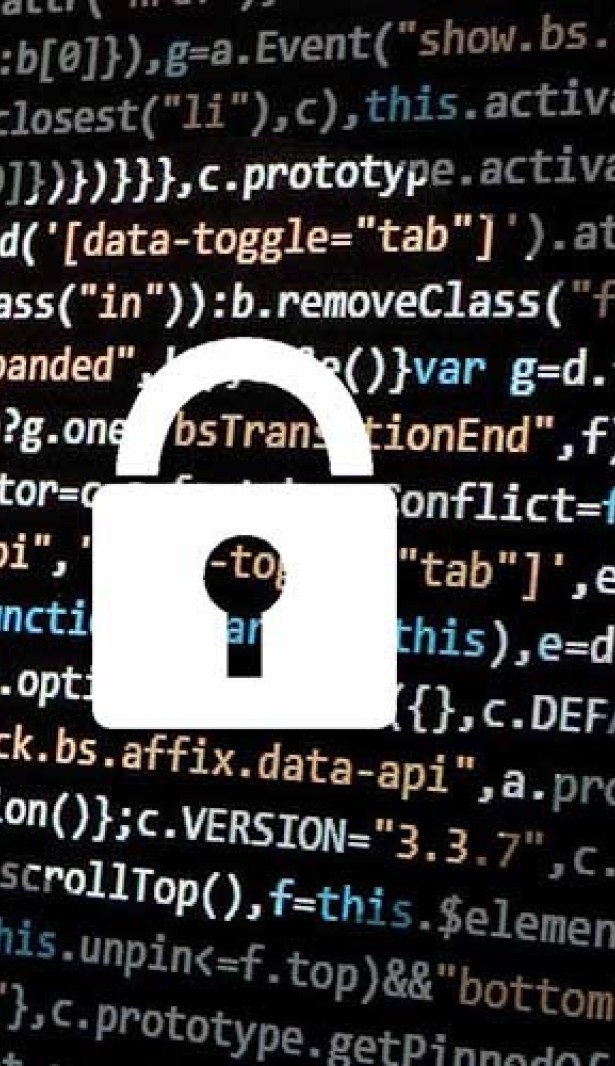Digital age: Is our privacy under threat?
19 November 2018

"As more and more data is generated about us, as we go about our daily lives it is essential that data protection is seen as a human rights issue and not just as a compliance issue," said Ailidh Callander of Privacy International. Callander was among a group of experts meeting on the side-lines of the UN Human Rights Council’s 39 session to address concerns related to the digital space and privacy interferences.
Participants at the side event titled: Confidentiality of communications and privacy of data in the digital age heard that it is becoming increasingly difficult to remain anonymous.
"Members of indigenous communities, individuals of different genders, religious minorities, racial and ethnic groups are all experiencing these increased privacy impacts. They are being harassed, trolled, doxed on-line." said the International Network of Civil Liberties Organizations’ Elizabeth Farries.
A UN Human Rights Office report (A/HRC/39/29) has raised similar concerns about the advent of increasingly powerful data-intensive technologies, such as big data and artificial intelligence.
The report by United Nations High Commissioner for Human Rights recognizes that "technological developments carry very significant risks for human dignity, autonomy and privacy and the exercise of human rights in general if not managed with great care."
According to the report titled: The right to privacy in the digital age, data intensive technologies have brought unprecedented acute challenges to the right to privacy.
The report cites a worrying trend of the growing individual digital footprints relating to billions of individuals collected through personal computers, smartphones, smartwatches, fitness trackers and other wearables that we all are leaving behind.
One of the concerns raised is that: "Business enterprises and States continuously exchange and fuse personal data from various sources and databases, with data brokers assuming a key position. As a consequence, individuals find themselves in a position of powerlessness, as it seems almost impossible to keep track of who holds what kind of information about them, let alone to control the many ways in which that information can be used."
The current lack of transparency by businesses as well as governments on personal data use, has also been listed as an issue of concern.
The report observes that secret mass surveillance and communication interception remain an area of concern. It notes that there are manifold ways of companies and governments working together in surveilling people, from mass interception to hacking into the devices of human rights defenders and others.
A senior director at the UN Human Rights Office Peggy Hicks, addressing the challenges said: "One of the big things that we need is a real balance between making sure that we regulate data protection for privacy and not stopping speech and free expression."
The principle of "no right without a remedy" also applies to the right to privacy in the digital age. Victims of privacy violations or abuses committed by States and/or business enterprises must have access to an effective remedy and both States and business enterprises have a responsibility to ensure such access.
Also speaking at the event Leandro Uciferri, representing Asociacion pour los Derechos Civiles (Association for Civil Rights), emphasised the need for transparency. "We need to have evidence based public policies. So, if the government is implementing a data base, for example for immigration purposes – we actually want to know what is the data behind that sustains that policy and the need to implement that technology in the first place."
The UN Human Rights report addresses a set of policy recommendations to both States and companies. The report recommends that States should fully implement their obligations to respect the right to privacy, as well as their duty to protect such right, including vis-à-vis corporate abuses. As for businesses, they must respect the right to privacy (as any other human rights), and for this purpose, take a number of key actions as provided in the United Nations Guiding Principles on Business and Human Rights, the international framework that sets out businesses’ responsibility for respecting human rights. The report also calls for effective remedy for victims of privacy violations or abuses committed by States and/or companies.
Watch a video from the event below




